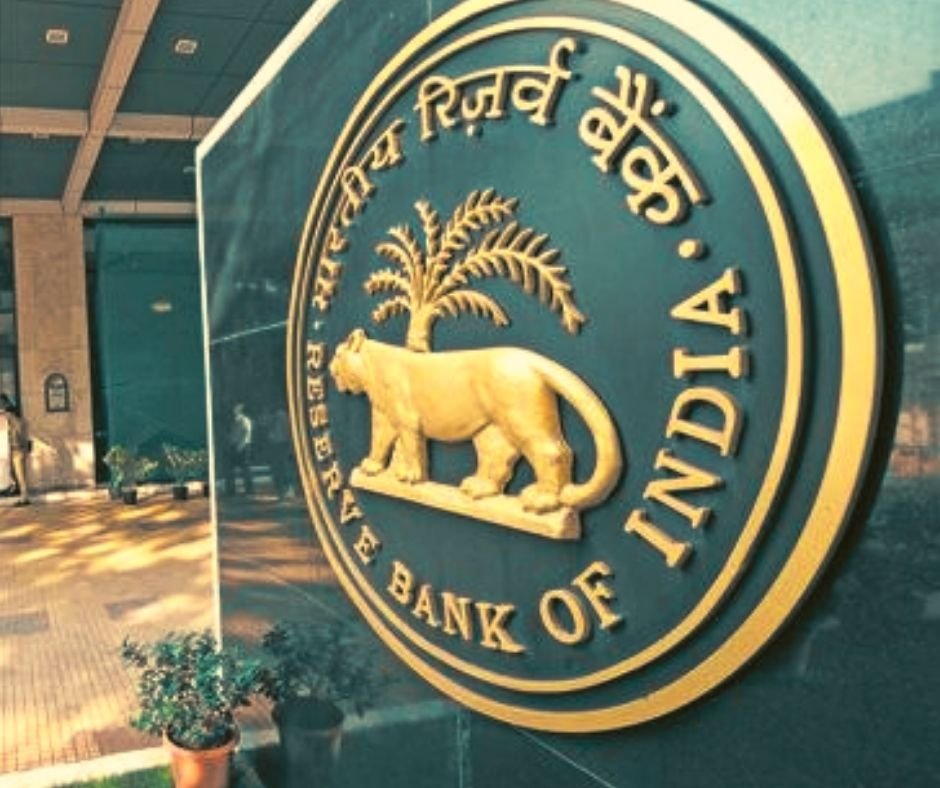The Reserve Bank of India (RBI), the guardian of India’s financial system, has raised a red flag on cryptocurrencies like Bitcoin. These new-fangled forms of digital cash, according to the RBI, pose a threat to the stability of the entire financial ecosystem.
The core of the RBI’s concern lies in the very nature of cryptocurrencies: their lack of underlying value. Unlike traditional currencies backed by governments or assets like gold, the value of cryptocurrencies is determined solely by supply and demand, often fueled by speculation and hype. This, according to the RBI, makes them vulnerable to bubbles and crashes, potentially destabilizing the entire financial system if they become widely adopted.
But wait, haven’t we heard this before? Back in 2013, the RBI declared Bitcoins illegal, only to partially retract their stance later. So, what’s different this time?
This time, the RBI’s concerns aren’t limited to just Bitcoin. The explosive growth of the cryptocurrency market, with numerous new tokens and projects emerging, has amplified the risks in their eyes. Moreover, the increasing use of cryptocurrencies in cross-border transactions and their potential ties to illegal activities further complicate the equation.
The RBI acknowledges that the government ultimately holds the reins on how to deal with cryptocurrencies. But they’ve offered some suggestions.
Firstly, the RBI believes that cryptocurrencies simply shouldn’t be called “currencies” at all. This distinction aims to highlight their lack of government backing and inherent volatility.
Secondly, tighter regulations are on the horizon. Lessons learned from the recent curbs on payment banks and international card providers could inform how cryptocurrencies are brought under the regulatory umbrella. This could involve stricter know-your-customer (KYC) norms, anti-money laundering (AML) measures, and even limitations on how they can be traded or used.
Thirdly, self-regulation within the fintech sector, including the cryptocurrency industry, is seen as crucial. Highlighting and penalizing bad practices can help build trust and prevent misuse of these technologies.
The RBI’s stance on cryptocurrencies reflects a global debate. While some nations embrace them as the future of finance, others, like India, tread cautiously, wary of the potential risks. As the technology evolves and its usage expands, the future of cryptocurrencies in India, and globally, will likely hinge on striking a delicate balance between innovation, regulation, and financial stability.
Read Also: Kadena SpireKey Integrates with WebAuthn to Provide Seamless Web3 Interactions


Comments are closed.